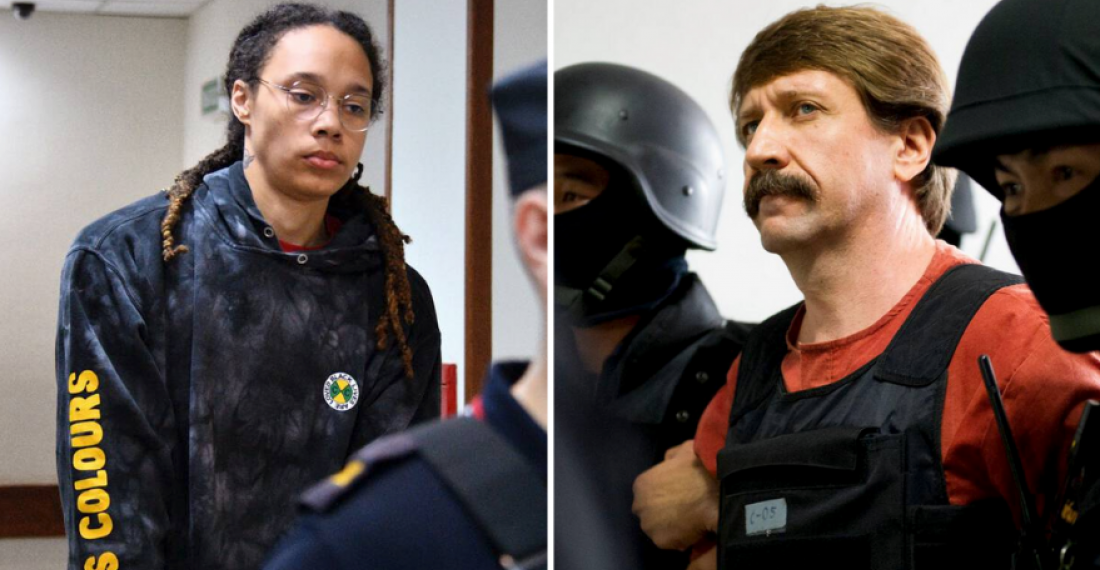The governments of the United Arab Emirates and Saudi Arabia confirmed on Thursday a joint role in facilitating the prisoner exchange between the United States and Russia, leading to the release of US basketball star Brittney Griner after nearly nine months in detention.
Griner, 32, who was arrested in Russia in February on drug charges, and Viktor Bout, 55, who was serving a 25-year sentence in a US prison, were exchanged at an airport in Abu Dhabi.
The on-line publication Al-Monitor said that it was told by a high-level Gulf source with access to the details of the how the events played out, that the exchange took place at a UAE airbase at 5:00 pm Abu Dhabi time (2.00 p.m. CET), with the US plane departing Abu Dhabi at 6:10 pm local time (3.10 pm CET).
A U.S. official confirmed on Thursday the UAE role, adding that the operational details came out in the last 48 hours. "In the last 48 hours, as this has all come together, Brittney [Griner] was moved from the penal colony, where she was being held, to Moscow. And this morning, she was brought to the United Arab Emirates, where she was met by U.S. officials," the official said.
In a statement, the UAE and Saudi foreign affairs ministries said the mediation was led by UAE President Mohamed bin Zayed and Saudi Crown Prince Mohamed bin Salman.
"The success of the mediation efforts was a reflection of the mutual and solid friendship between their two countries and the United States of America and the Russian Federation," the statement read.
The statement confirmed that following her release by Russia, Abu Dhabi received on Thursday Griner by private plane from Moscow. Another plane arrived from the United States to the UAE carrying Russian citizen Victor Bout, an arms dealer convicted in the United States. Officials from the UAE and Saudi Arabia were present at the airbase.
The source confirmed that Abu Dhabi and Riyadh facilitated the "details of the exchange," but stressed that the negotiations on the release were strictly handled by Moscow and Washington.
Russia's state news agency Tass released footage from the UAE airbase showing part of the exchange:
The source told Al-Monitor, however, that the subject of prisoners exchange was part of a phone call between UAE President Mohamed bin Zayed and his Russian counterpart Vladimir Putin on Wednesday.
US President Joe Biden thanked the UAE on Thursday for helping Griner return home from Russia.
“I also want to the thank the UAE for helping us facilitate Brittney’s return, cause that’s where she landed,” the US president said.
source: commonspace.eu with Al Monitor
Brittney Griner and Viktor Bout were exchanged at an airport in Abu Dhabi on 8 December 2022.







